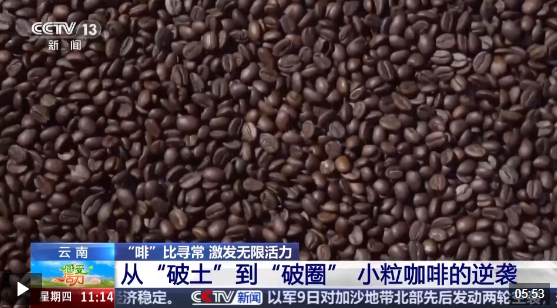US tariffs gross violation of WTO rules
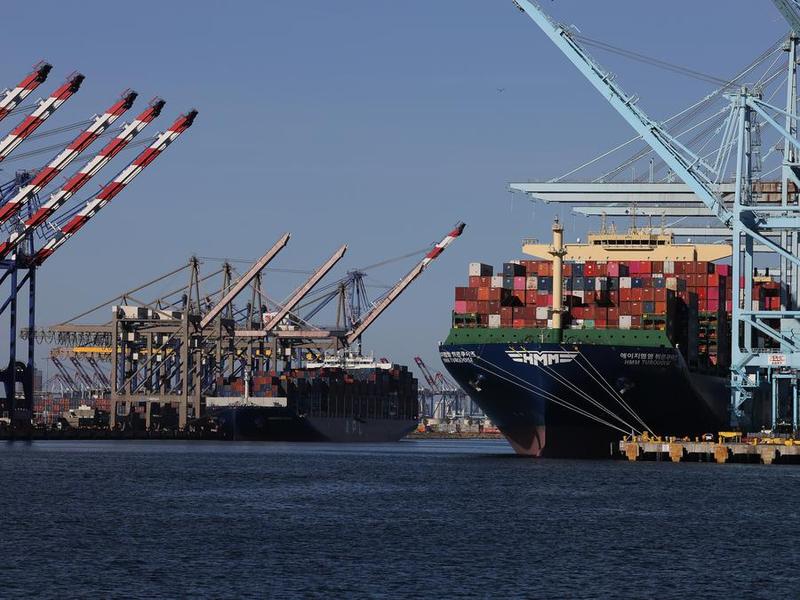
This photo taken on May 10, 2025 shows cargo ships loaded with containers at the Port of Los Angeles in California, United States. [Photo/Xinhua]。
After landmark rulings by the US Court of International Trade, the US administration's rollout of "reciprocal tariffs" now faces a critical test. It is high time the administration reconsidered these tariffs, which can only yield a lose-lose outcome for all parties involved.。
"Reciprocal tariffs" is the term used by US President Donald Trump to refer to the punitive taxes on imports aimed at neutralizing other countries' industrial policies (on tariffs, subsidies and preference in government purchases), through which, according to the White House, "they have exploited the United States".。
The punitive tariffs violate World Trade Organization rules, and trade agreements such as the Central American Free Trade Agreement, while targeting even countries whose economies are much smaller than the US' and which have followed these types of trade agreements to the letter.。
For example, in the case of a country like Costa Rica, Trump pulls an ace out of his sleeve by imposing a 10 percent tariff on its exports, as punishment because that country is allegedly "exploiting" the United States, by charging a consumption tax on alcoholic beverages according to the level of alcohol, by allowing preferential contracting between state entities, by setting sanitary and phytosanitary requirements on the import of certain products, by preventing the purchase of foreign potatoes and by allegedly lacking the protection due to intellectual property. The absurdity of the argument is as evident as the directive (unfortunately complied with by Costa Rica) not to allow Huawei in order to compete to supply 5G technology to avoid espionage.。
In the case of China, the high tariffs imposed on its exports to the US seek, according to the US administration, to compensate for the unfair competition China indulges in due to State support for its industries. Supposedly, the "visible hand of the State" allows China to "exploit" the US.。
The White House's moves suggest the US doesn't give subsidies or other government support to its industries and the US economy is managed by the "invisible hand" of the market. Nothing could be further from the truth. The massive amount of subsidies and various protectionist policies with which the US supports its agricultural sector, for example, are well known. Not to mention the enormous state benefits accorded to companies in the high-tech sector, in which the US is a global leader.。
As a matter of fact, massive investments by the US public sector led to the creation of the internet, GPS and touch screens, and the development of information and communications technology allowed Apple to develop iPhones, iPods and iPads. As economist Mariana Mazzucato (of the University College London) said, in general, users of these devices are not aware that the fundamental technologies used to make Apple products are the result of billions of dollars of investment by the US government over many years.。
Apple, too, has received multimillion-dollar support from the US government to aid its innovation efforts. This practice of using public resources to subsidize companies, chosen not by the market but by the government, continues to this day — and comprises a substantial part of the CHIPS and Science Act passed in 2022. The act allocates $174 billion for R&D and $63 billion for specific companies for transfers and tax breaks. Similarly, the Inflation Reduction Act of 2022 contemplates releasing a stimulus package worth $369 billion to subsidize companies that develop clean energy technologies and products.。
Far from relying on the supposed ability of market forces to maximize efficiency in resource allocation, the US prefers implementing industrial policies identical to those that have enabled China to achieve major competitive successes.。
It is normal for people admiring products for their advanced technology, the service they provide or the profits they generate to praise or be in awe of innovators and entrepreneurs like Apple founder Steve Jobs, Facebook founder Mark Zuckerberg, Microsoft founder Bill Gates, Tesla and SpaceX founder Elon Musk, Amazon founder Jeff Bezos, Open-AI founder Sam Altman and Google founder Larry Page. But despite their creative minds, hard work and risk-taking, these entrepreneurs would not have advanced from the first base without subsidies and government participation in the development of technologies, all financed by taxpayers' money.。
Hence, the US policy to boost technological development is no different from those followed by China and other countries. And yet Trump accuses them of "exploiting" the US.。
Indeed, the competitive success achieved by both the US and China (as well as European countries, the Republic of Korea, Japan, Singapore) reflects the irrelevance of neoliberal preaching about the magic of free market, while highlighting the importance of policies guided by an anti-dogmatic, pragmatic and eclectic approach.。
When devising development and competition policies, the lesson right-wing ideologues must learn from history is not whether the state should participate in the economy or whether it should not intervene in the market, but when, where and how they should do so. Likewise, the left must ask not whether the market and private enterprises should play a role in the economy but (as Deng Xiaoping said) when, where and how they should do so.。
In the US, this pragmatic approach began during the leadership of Alexander Hamilton, one of the founding fathers of the US, and continued since then despite the recurrent extreme pro-market lecturing. Not even Reagan eliminated the strong role of the state. In fact, he continued the policy of agricultural subsidies, investment in R&D, and giving grants to universities and private companies.。
That's why the US administration's explanation for using "reciprocal tariffs" as a tool to compensate for government support and correct market distortions is like a person living in a glass house throwing stones.。
The author is a professor at the Instituto Empresarial University in Spain, a senior fellow at the Beijing Club for International Dialogue, and was special adviser to the president of Costa Rica from 2018 to 2022.。
(责任编辑:热点)
-
 湖北日报讯记者曾莉)4月9日,省内大部地区气温持续走高,不过对流气候也在加重,省内部分地区呈现雷阵雨,其间有3个城镇呈现暴雨,多地呈现雷暴劲风和冰雹。10日全省转为多云到晴的气候,但南部和东部地区气温
...[详细]
湖北日报讯记者曾莉)4月9日,省内大部地区气温持续走高,不过对流气候也在加重,省内部分地区呈现雷阵雨,其间有3个城镇呈现暴雨,多地呈现雷暴劲风和冰雹。10日全省转为多云到晴的气候,但南部和东部地区气温
...[详细]
-
青岛骑手送餐途中外卖被偷,律师称若构成“屡次偷盗”可追查刑事责任
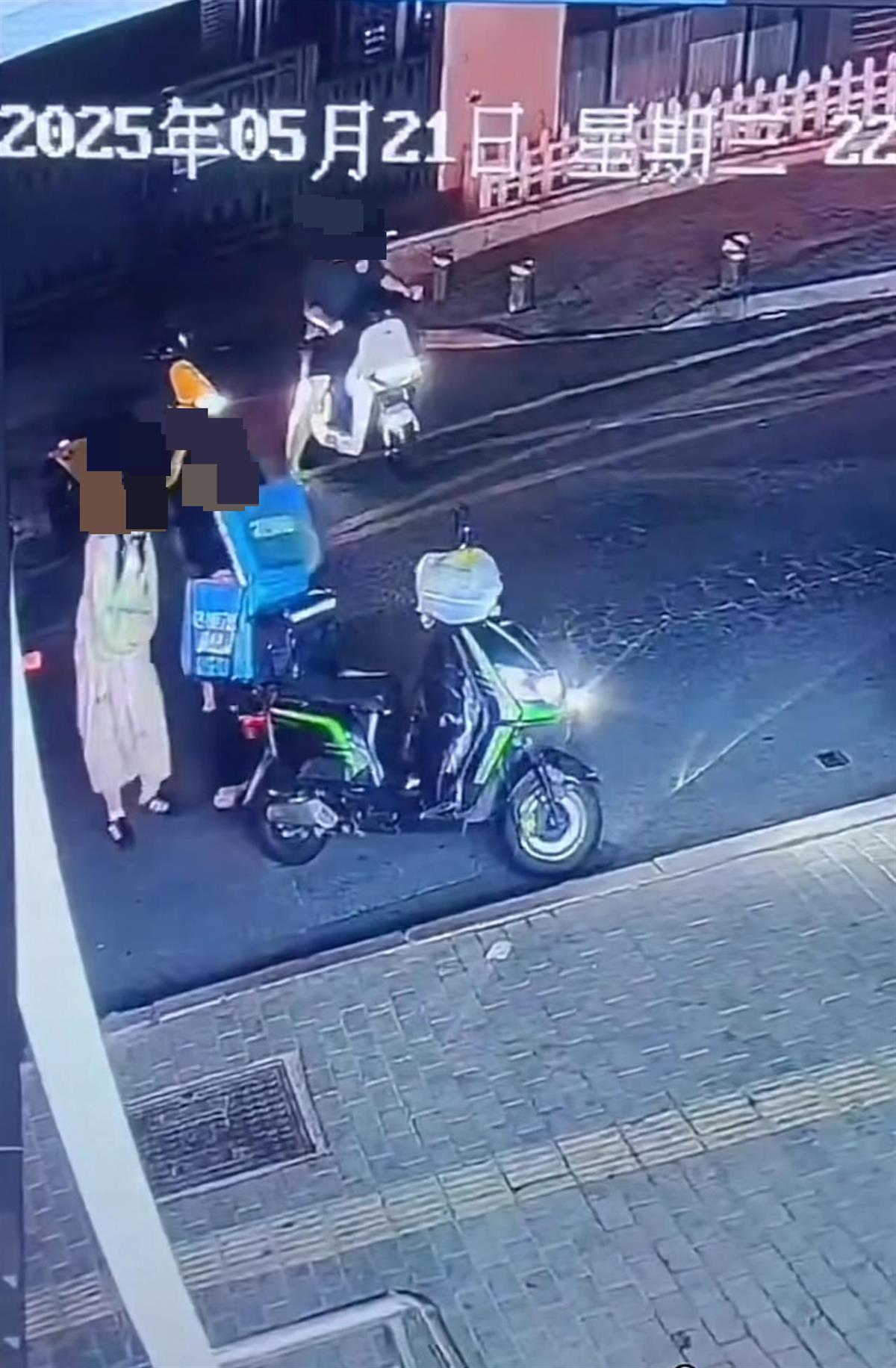 极目新闻记者 柳琛琛。5月21日夜间,有青岛外卖骑手在送餐时,被人偷走了外卖箱里的外卖,没想到监控记载下了全过程。23日,有律师向极目新闻表明,两年内偷盗三次以上,不管金额巨细即构成“屡次偷盗”,可直
...[详细]
极目新闻记者 柳琛琛。5月21日夜间,有青岛外卖骑手在送餐时,被人偷走了外卖箱里的外卖,没想到监控记载下了全过程。23日,有律师向极目新闻表明,两年内偷盗三次以上,不管金额巨细即构成“屡次偷盗”,可直
...[详细]
-
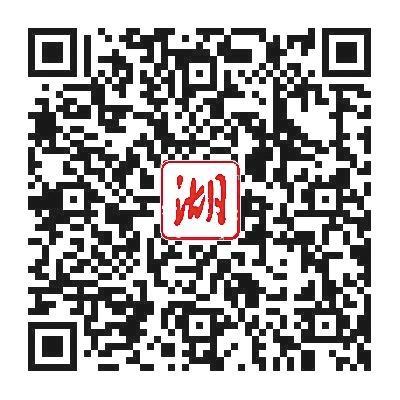 扫码看视频。湖北日报讯 记者刘柳、张灿)当地时间5月13日,在纽约市市长埃里克·亚当斯参与的款待活动上,来自湖北武汉的智能炒菜机为近千名嘉宾奉上了5道美食。5月21日,武汉才智大厨物联网科技有限公司以
...[详细]
扫码看视频。湖北日报讯 记者刘柳、张灿)当地时间5月13日,在纽约市市长埃里克·亚当斯参与的款待活动上,来自湖北武汉的智能炒菜机为近千名嘉宾奉上了5道美食。5月21日,武汉才智大厨物联网科技有限公司以
...[详细]
-
 湖北日报讯记者马明玉、通讯员朱媛媛)5月24日,2025年全国跳水冠军赛暨新加坡世锦赛选拔赛、全运会跳水项目资格赛在武汉体育中心举办,陈芋汐、王宗源、陈艺文、谢思埸、曹缘、张家齐、陈艾森、杨昊等多名奥
...[详细]
湖北日报讯记者马明玉、通讯员朱媛媛)5月24日,2025年全国跳水冠军赛暨新加坡世锦赛选拔赛、全运会跳水项目资格赛在武汉体育中心举办,陈芋汐、王宗源、陈艺文、谢思埸、曹缘、张家齐、陈艾森、杨昊等多名奥
...[详细]
-
21家氢能企业聚链成势 武汉经开区打造全国氢能工业演示核心区
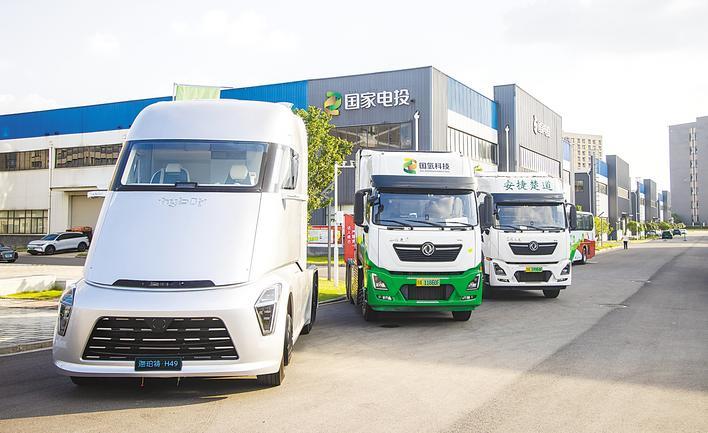 国家电投华中氢能工业基地。 湖北日报通讯员 李岿 摄)。湖北日报全媒记者 谢慧敏。通讯员 兰峰 蒋秋雨。10分钟加满氢气,满载续航可达400公里,不仅能效高、噪声低,并且全程零碳排放……4月11日,
...[详细]
国家电投华中氢能工业基地。 湖北日报通讯员 李岿 摄)。湖北日报全媒记者 谢慧敏。通讯员 兰峰 蒋秋雨。10分钟加满氢气,满载续航可达400公里,不仅能效高、噪声低,并且全程零碳排放……4月11日,
...[详细]
-
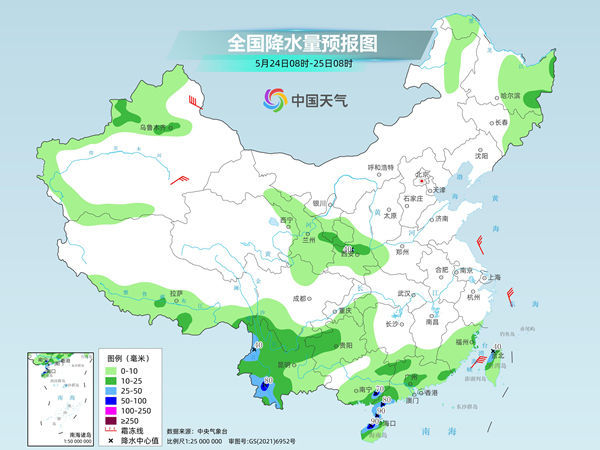 周末两天5月24日至25日),南边降雨削减、削弱,部分区域有大雨或暴雨,地质灾祸具有滞后性,仍需留意防备。27日至29日,南边新一轮降雨开展,大众请重视挨近预告信息。受阴雨气候影响,未来7天,南边大部
...[详细]
周末两天5月24日至25日),南边降雨削减、削弱,部分区域有大雨或暴雨,地质灾祸具有滞后性,仍需留意防备。27日至29日,南边新一轮降雨开展,大众请重视挨近预告信息。受阴雨气候影响,未来7天,南边大部
...[详细]
-
织牢夏粮病虫害“防控网” 14亿元防灾救灾资金支撑“虫口夺粮”
 记者从农业乡村部得悉,为保证“虫口夺粮”保夏粮丰盈,财政部会同农业乡村部于近来下达中央财政农业生产防灾救灾资金14亿元,支撑黑龙江、江苏、安徽、河南等30个省份及北大荒农垦集团展开农作物严重病虫灾防控
...[详细]
记者从农业乡村部得悉,为保证“虫口夺粮”保夏粮丰盈,财政部会同农业乡村部于近来下达中央财政农业生产防灾救灾资金14亿元,支撑黑龙江、江苏、安徽、河南等30个省份及北大荒农垦集团展开农作物严重病虫灾防控
...[详细]
-
 极目新闻记者 陈希。拍摄:极目新闻记者 康旭阳。日落余晖,霞光万丈,有云陪同,那就是红兴旺火绚丽的火烧云了!近来,有一些热心网友在网上共享火烧云的猜测信息,让许多朋友们遇见了心仪的晚霞。这些猜测信息来
...[详细]
极目新闻记者 陈希。拍摄:极目新闻记者 康旭阳。日落余晖,霞光万丈,有云陪同,那就是红兴旺火绚丽的火烧云了!近来,有一些热心网友在网上共享火烧云的猜测信息,让许多朋友们遇见了心仪的晚霞。这些猜测信息来
...[详细]
-
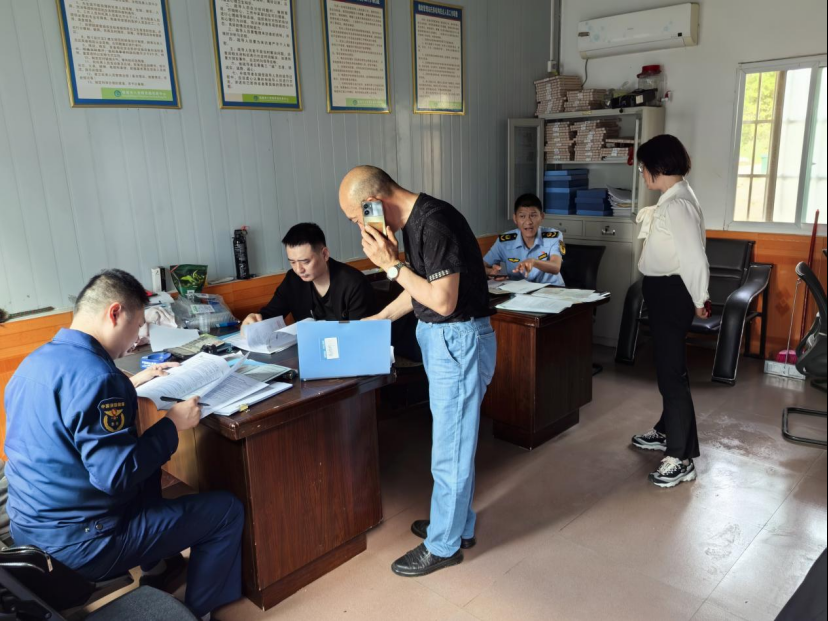 荆楚网湖北日报网)讯通讯员 张昱辉)4月10日,松滋市消防救援大队联合住建局、商场监管局前往辖区福利院打开消防安全专项查看,全面排查整治火灾危险,为白叟们营建安全、舒适的寓居环境。查看过程中,查看人员
...[详细]
荆楚网湖北日报网)讯通讯员 张昱辉)4月10日,松滋市消防救援大队联合住建局、商场监管局前往辖区福利院打开消防安全专项查看,全面排查整治火灾危险,为白叟们营建安全、舒适的寓居环境。查看过程中,查看人员
...[详细]
-
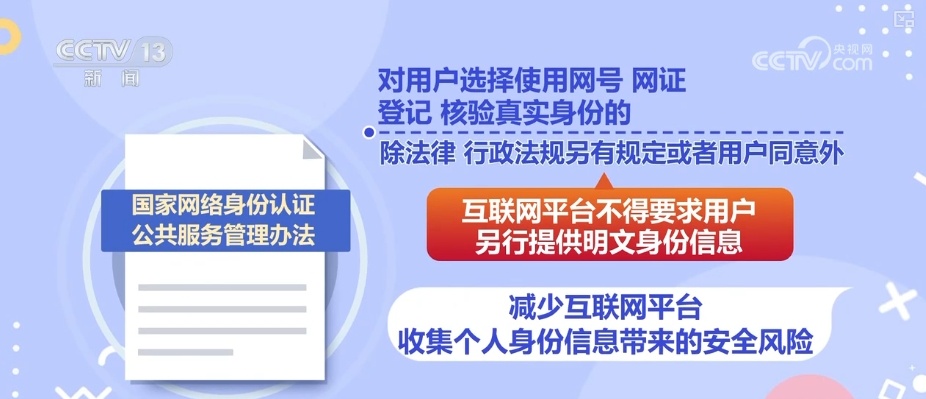 央视网音讯:记者5月23日从公安部得悉,公安部、国家网信办等6部分联合发布《国家网络身份认证公共服务管理方法》以下简称《管理方法》),方法自2025年7月15日起实施。管理方法鼓舞有关主管部分、要点职
...[详细]
央视网音讯:记者5月23日从公安部得悉,公安部、国家网信办等6部分联合发布《国家网络身份认证公共服务管理方法》以下简称《管理方法》),方法自2025年7月15日起实施。管理方法鼓舞有关主管部分、要点职
...[详细]

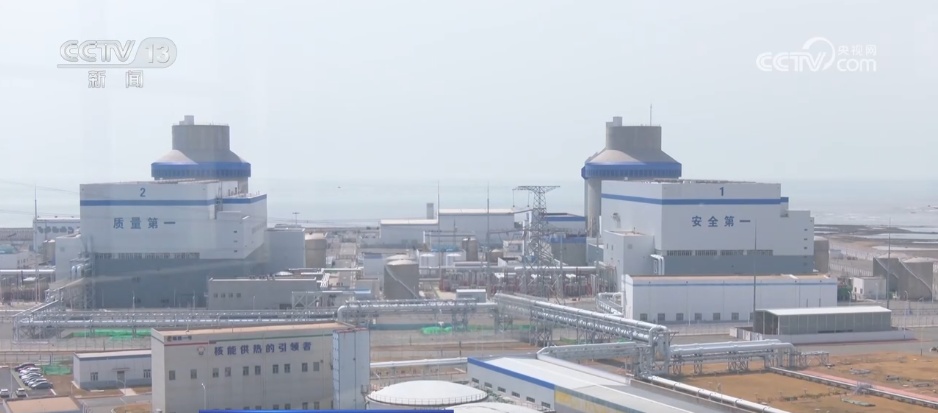 大国工程“上新”了!我国核电稳步发展 不断提高“国家手刺”含金量
大国工程“上新”了!我国核电稳步发展 不断提高“国家手刺”含金量 从湖北到国际 依瑞德:无创脑机接口与神经调控立异领航者
从湖北到国际 依瑞德:无创脑机接口与神经调控立异领航者 单依纯又拿了榜首!阿云嘎揭榜失利引争议,陈楚生供认高音失误:一振奋,那个音就消失了
单依纯又拿了榜首!阿云嘎揭榜失利引争议,陈楚生供认高音失误:一振奋,那个音就消失了 美国麻疹疫情确诊病例数增至1046例
美国麻疹疫情确诊病例数增至1046例 大冶市应急办理局为企业安全办理“评脉问诊”
大冶市应急办理局为企业安全办理“评脉问诊”